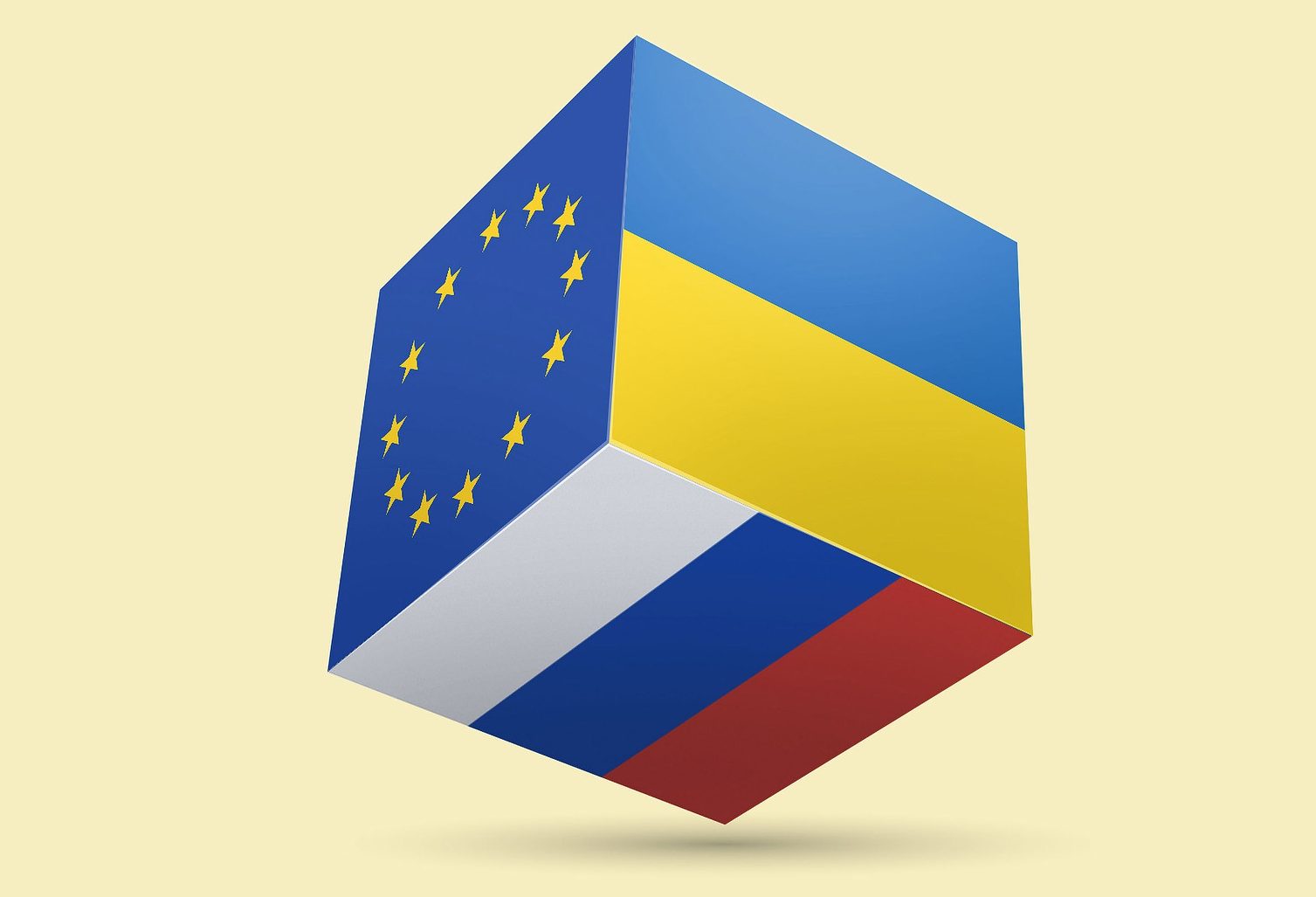It is feared that the European Commission's centralizing effort would weaken the role of a democratically-elected national government.Continue reading

Polish MEP and historian Ryszard Czarnecki writes in his opinion piece published in the news portal Niezalezna.pl that although Warsaw’s and Budapest’s stance on Russia differ significantly, let’s not let ourselves be led to believe, that Hungary is the only country in the Union whose leaders are making gestures toward Moscow. “There is a saying in Brussels that Budapest says out loud what Berlin quietly thinks – and does”, writes the Polish author.
In his view, Germany’s clout is many times greater than Hungary’s, yet it is Orbán’s statements that are publicized in order to under-see and under-hear the similar-sounding, and often much farther-reaching statements of Scholz, Macron, Bulgarian President Radev or Croatian President Milanović. It is noteworthy that Hungary shows its “otherness” on the issue of Russia, but at the same time the country has voted in favor of each of the nine EU sanctions packages directed against Moscow. A veto was recently made by Belgium, still no Polish left-wing politician is attacking the country for this, because Belgium is ruled by Euro-enthusiastic mainstream parties, not that “awful right-wing FIDESZ”, writes Czarnecki.

Photo: Facebook Ryszard Czarnecki
The Polish MEP continues by saying that it has been repeatedly pointed out that Hungary, when Brussels introduced more sanctions, bargained and, fighting for its interests, demanded exceptions to the sanctions and weakened them.
None of these critics of Budapest wants to admit that such exceptions from sanctions have been granted to, for example, to Italy, which can continue to export luxury clothing and footwear to Russia.
To thwart the proponents of black-and-white clichés, these exceptions for Italy were not won by the current government, which was supposedly pro-Russian, because it includes Matteo Salvini, the leader of the Lega (League), who shocked the world by walking around in a t-shirt with Putin on it, or is backed by Silvio Berlusconi, who has repeatedly praised Putin and boasted of gifts from the Russian president – but the previous, left-wing government.
This is a perfect example of how Giorgia Meloni’s Italian right-wing cabinet was getting media flak for something it might supposedly do in the future regarding Russia, although it did not, while at the same time the left-liberal mainstream was unanimously silent when such anti-sanctions moves were implemented by the Italian left-wing government, points out Czarnecki.
Featured Photo: Pixabay